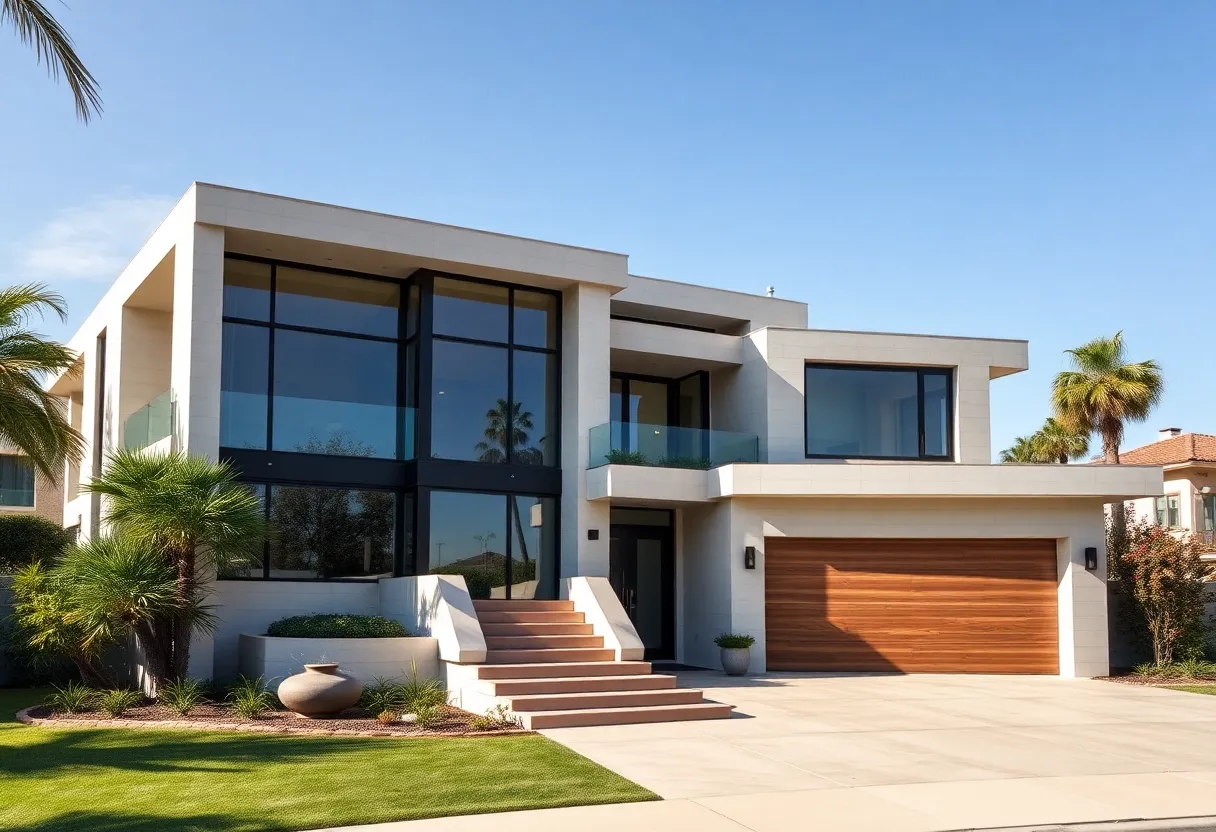How to Make Your Home Renovation Projects More Affordable: Budgeting Tips for DIYers
Home renovation projects can dramatically enhance living spaces, increase property value, and reflect personal style. However, without careful planning, costs can spiral beyond initial estimates. For do-it-yourself (DIY) enthusiasts, understanding how to optimize budgets is vital to transform ideas into tangible results without financial strain. This comprehensive guide offers expert-backed strategies to make your renovation projects more affordable, emphasizing precise budgeting, resource management, and cost-effective practices.
Understanding the Foundations of a Budget-Friendly Home Renovation
Effective budgeting begins with clarity and strategic planning. Before sourcing supplies or committing to specific designs, establish a clear framework that accounts for all potential expenses. This foundation minimizes unexpected costs and ensures the project remains financially feasible.
Assessing Scope and Setting Realistic Goals
Start with a detailed assessment of your renovation scope. Break down the project into specific tasks—whether updating the kitchen, remodeling a bathroom, or repainting living spaces. Define desired outcomes for each area, balancing aspirations with budget constraints.
Set realistic goals. Understand that some upgrades, while desirable, may not fit within your budget. Prioritize improvements that add value or significantly impact comfort, then phase the less critical enhancements over time.
Creating a Detailed Budget Plan
A comprehensive budget plan is crucial. Include:
- Materials costs: paint, flooring, fixtures, hardware
- Labor costs: if hiring contractors for specific tasks
- Permits and inspections
- Unexpected expenses (reserve 10-15%) to handle unforeseen issues
Use spreadsheet tools or dedicated budgeting apps to track all expenses. Regularly update this plan as the project advances, maintaining financial control at every stage.
Strategies for Cost-Effective DIY Home Renovation
Prioritize DIY Tasks
Identify tasks suitable for DIY efforts. Minor repairs like painting, tiling, or installing fixtures often save substantial labor costs. Reserve professional help for complex or hazardous work, such as electrical wiring or structural modifications.
Source Quality Materials at Lower Costs
Material costs significantly impact overall expenses. To reduce costs without sacrificing quality:
- Shop around: Compare prices across multiple suppliers and stores.
- Buy in bulk: Purchase larger quantities for areas like flooring or paint.
- Use reclaimed or recycled materials: Salvaged wood, fixtures, or hardware can offer unique aesthetics at lower prices.
- Leverage discounts and sales: Take advantage of seasonal sales, clearance events, or online deals.
Plan and Prepare to Minimize Waste
Proper planning reduces waste and excess purchases. Measure twice, cut once—this simple principle prevents costly mistakes. Accurate measurements and thorough planning ensure materials are used efficiently.
Budget Management During the Renovation
Implement Strict Financial Oversight
Regular monitoring of expenses is necessary to stay within budget. Use tracking tools to compare actual costs against estimates constantly. Detect and address deviations early to avoid budget overruns.
Establish a Contingency Fund
Maintain a contingency fund of at least 10-15% of the total budget. This reserve caters to unforeseen issues like structural surprises or material price fluctuations, which are common in renovation projects.
Avoid Impulse Purchases
Maintain discipline by sticking to your shopping list. Impulse buys, especially on trendy fixtures or decor, can inflate costs and derail financial plans.
Cost-Effective Purchasing and Resource Management
Select the Right Shopping Channels
Quality and price vary across suppliers. Consider:
- Local hardware stores with competitive pricing
- Specialty outlets for specific materials
- Online marketplaces offering discounts and reviews
Timing Purchases for Savings
Purchase materials during off-peak times or seasonal sales. Early shopping allows you to secure the best deals and avoid rushed, costly decisions.
Reuse and Repurpose Existing Elements
Recycling existing fixtures or architectural details can reduce replacement costs. Sanding and repainting cabinets or fixtures breathe new life into old materials and save money.
Leveraging Community Resources and Alternatives
Tap Into Local Community and DIY Networks
Local community groups, online forums, and DIY workshops provide valuable advice, trade opportunities, and sometimes free or discounted materials. Sharing tools and equipment with neighbors can also cut costs.
Consider Alternative or Modular Solutions
Modular, prefabricated, or off-the-shelf products often cost less than custom-built elements. These can be assembled quickly with minimal tools, reducing labor costs and project timelines.
Timing and Scheduling for Budget Optimization
Plan Phases Strategically
Divide larger projects into phases. This staged approach allows for better cash flow management and geographic focus, preventing overspending on multiple areas simultaneously.
Choose the Right Time to Renovate
Market prices fluctuate seasonally. Mid-year or off-season periods often feature discounts on materials and contractor availability, which can lower overall expenses.
Recognizing When to Seek Professional Assistance
While DIY can save costs, certain tasks demand expertise. Professional help ensures safety, code compliance, and long-term durability, ultimately saving money by avoiding costly repairs or renovations caused by errors.
Identify Tasks Best Left to Pros
- Electrical wiring
- Plumbing connections
- Structural modifications
- HVAC system upgrades
Assess Cost-Benefit Ratios
Compare the estimated DIY savings against the risks and potential costs of errors. When in doubt, investing in a professional can be more economical in the long run.
Conclusion: Making Renovation Affordable through Strategic Planning
Home renovation need not be financially debilitating. Strategic budgeting, judicious resource management, and disciplined decision-making form the backbone of affordable DIY projects. By assessing scope meticulously, leveraging cost-saving tactics, and balancing DIY efforts with professional expertise, homeowners can realize their renovation visions without compromising financial stability.
Remain focused on your core objectives. Prioritize value, quality, and efficiency. Regularly monitor expenses, stay adaptable, and plan meticulously. Ultimately, successful budget management transforms renovation ambitions into a rewarding, cost-effective reality.
Author: STAFF HERE LOS ANGELES WRITER
The LOS ANGELES STAFF WRITER represents the experienced team at HERELosAngeles.com, your go-to source for actionable local news and information in Los Angeles, Los Angeles County, and beyond, specializing in "news you can use" with coverage of product reviews for personal and business needs, local business directories, politics, real estate trends, neighborhood insights, and state news affecting the area—with deep expertise from years of dedicated reporting and strong community input, including local press releases and business updates, while delivering top reporting on high-value events like the Academy Awards, LA Auto Show, and Los Angeles Marathon, extending coverage to key organizations such as the Los Angeles Area Chamber of Commerce and the Los Angeles Tourism & Convention Board, plus leading businesses in entertainment and technology like Warner Bros. and SpaceX, and as part of the broader HERE network including HEREAnaheim.com , HERECostaMesa.com , HEREHuntingtonBeach.com , and HERESantaAna.com , providing comprehensive, credible insights into Southern California's dynamic landscape. HERE Anaheim HERE Beverly Hills HERE Coronado HERE Costa Mesa HERE Hollywood HERE Huntington Beach HERE Long Beach HERE Los Angeles HERE Mission Viejo HERE San Diego HERE Santa Ana





